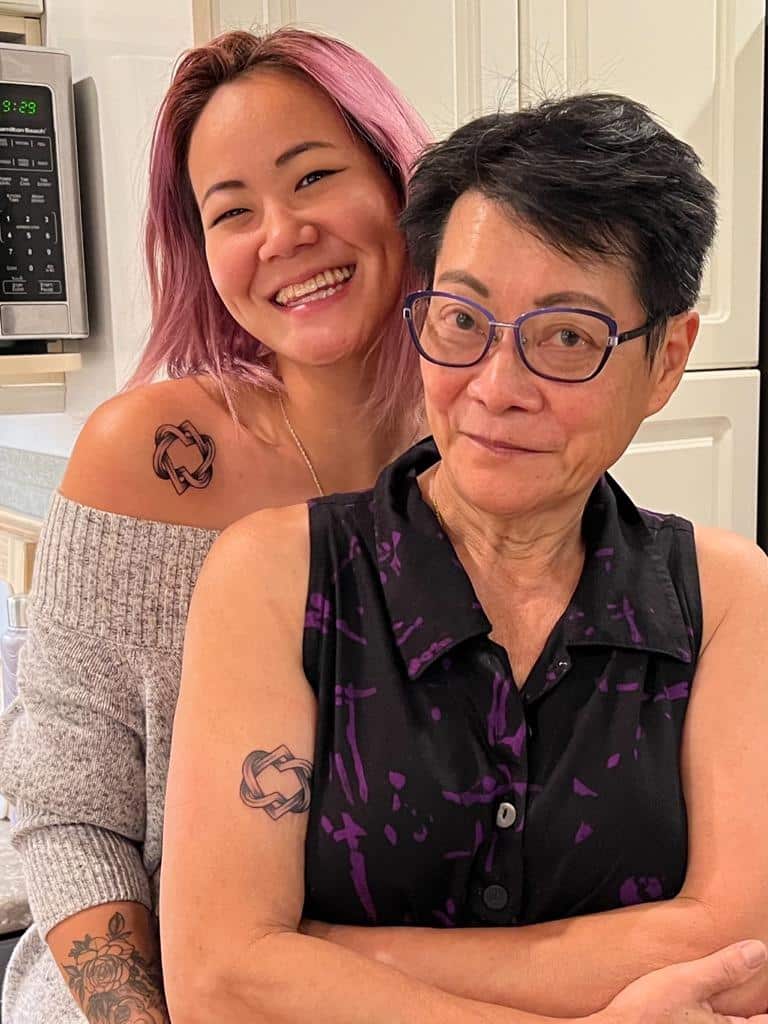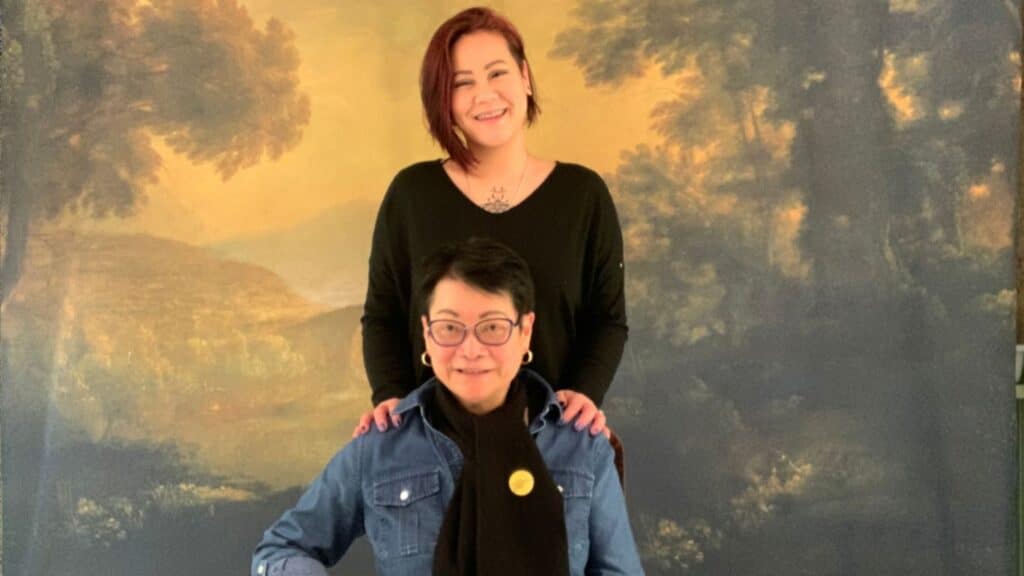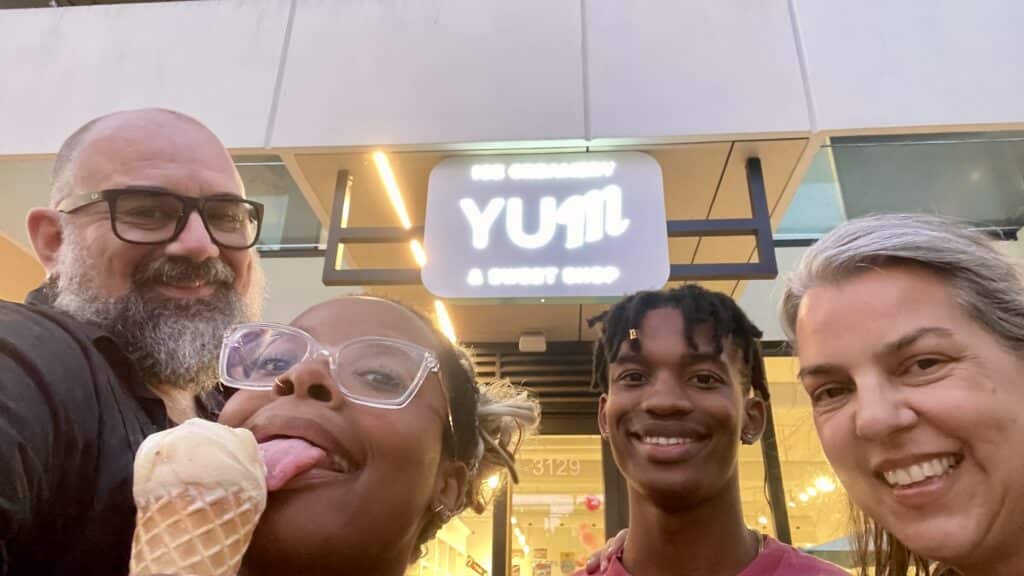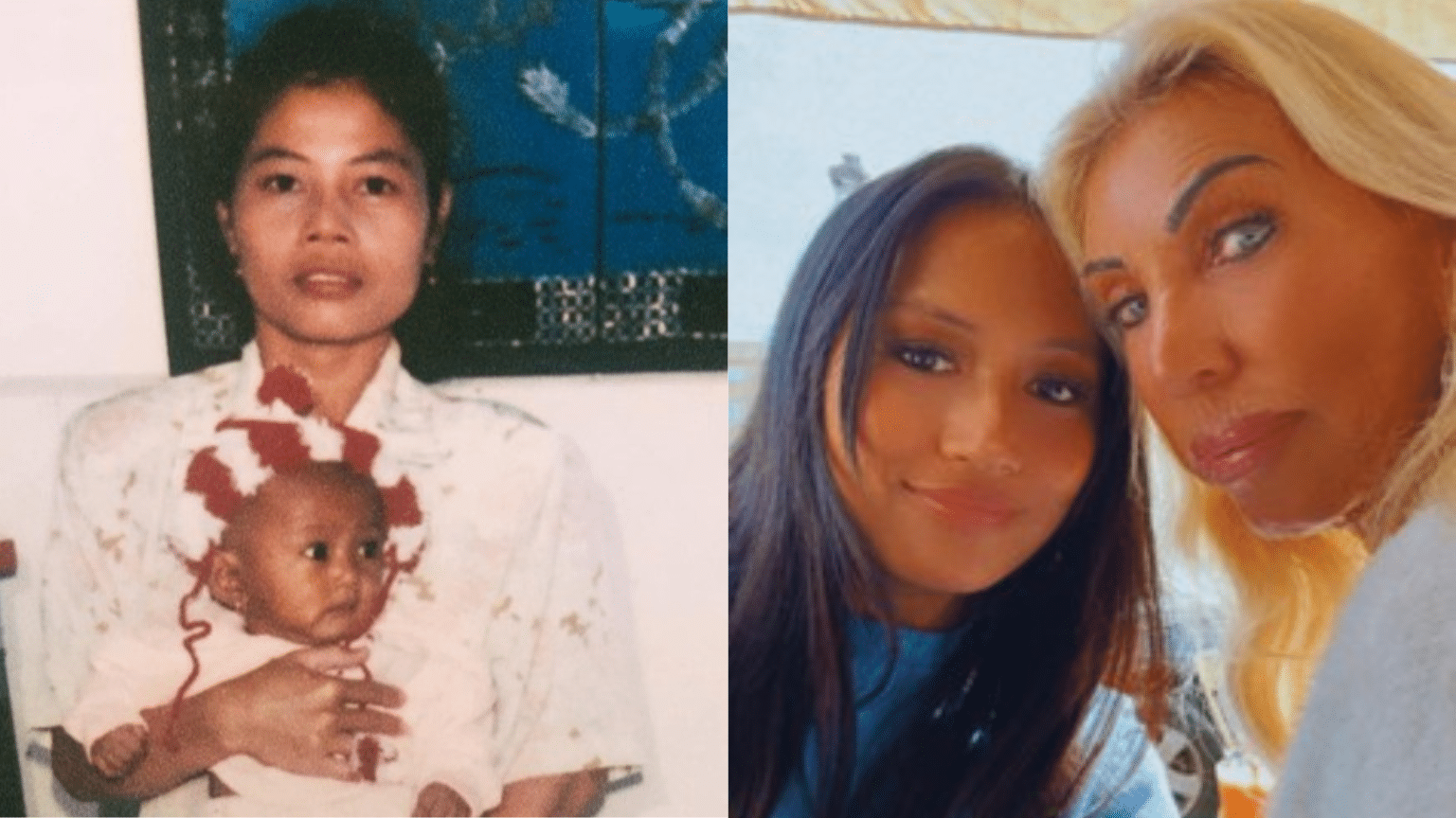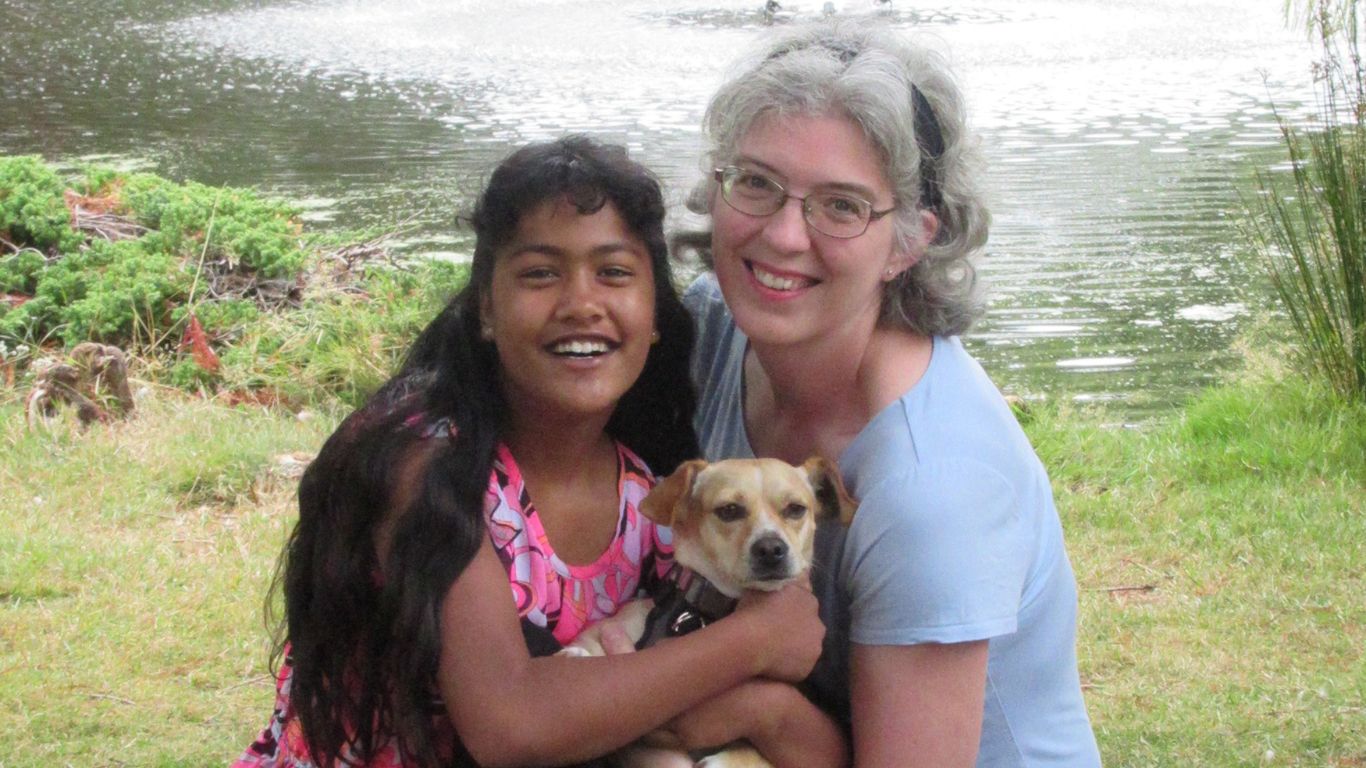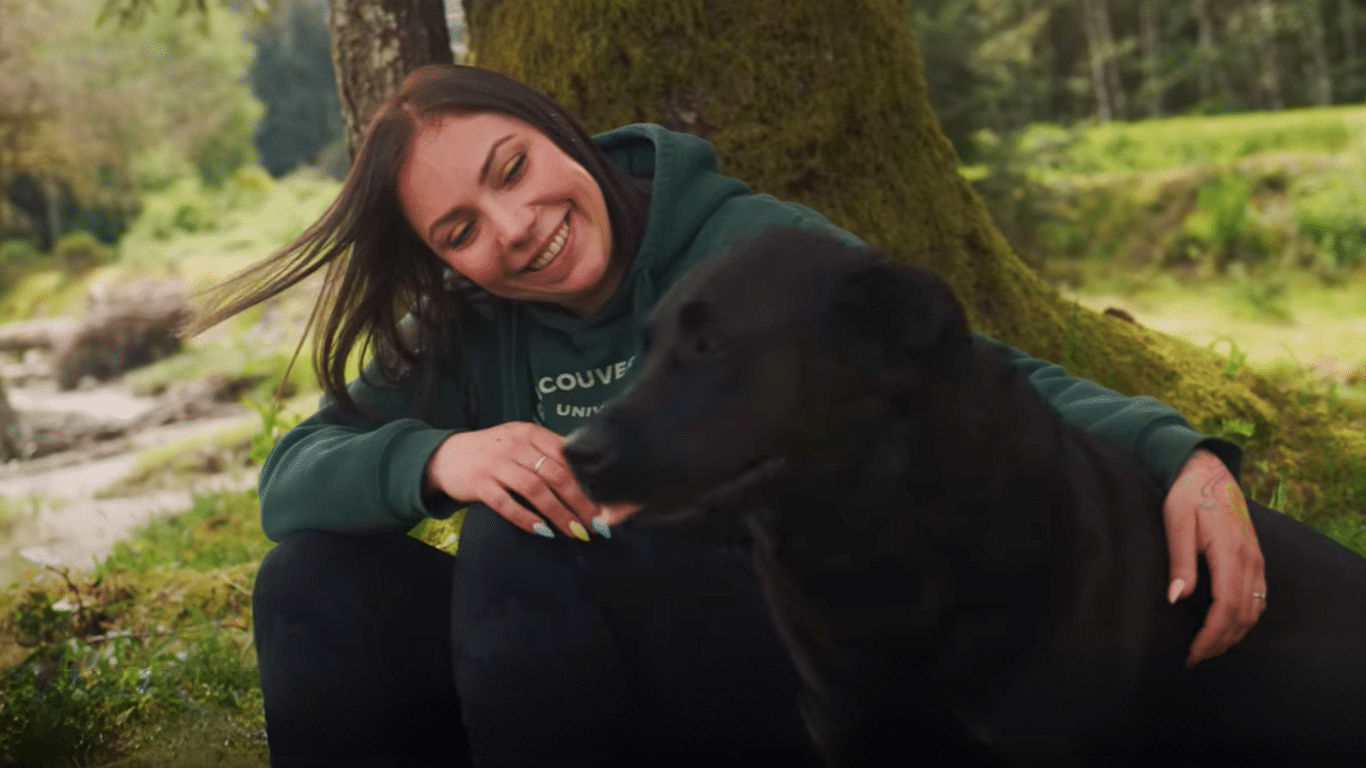We are excited to announce that the Black family has won second place in our 2024 This is Belonging photo contest! Read about Sara’s experience adopting internationally as a single parent and be sure to see their winning photo at the end of this story.
Tell us about your adoption story. What made you decide that adoption was right for you?
When I turned 30, I knew I wanted to have children, but I never anticipated the challenges and losses I would encounter over the next 10 years. During those years, with the roller-coaster ride of infertility and pregnancy losses, I also lost two partners. I turned 40 just after my fifth miscarriage and had already decided that if I lost that pregnancy, I would try for an international adoption. When I met one of the first single women who had been able to adopt a child from China, I immediately knew that applying to China would be right for me. My father, who had died decades earlier, was also adopted from China. (I later learned, after my daughter’s adoption from Shanghai, that he was originally from Shanghai as well.)
Can you tell us a bit about your experience with the adoption process overall?
The adoption process proved to be very stressful and lasted over three years. I had the support of a China adoption agency in Montreal, and it was supposed to be a straightforward process: an accredited homestudy with six references and financial statements were all that was required (along with financial donations/gifts to the orphanage, travel and hotel expenses, and translator’s fees). All of this was expected, but just as my file (along with several other adoptive families’ files) was sent to China, the country closed its doors to adoptions. They wanted to “sort out” their international adoption policies before approving any more. So we all waited for almost three years, during which time I had to track down my retired social worker in the U.S. in order to update my expired homestudy.
Then, when China finally approved us—with hefty new provincial and federal fees—the new head of international adoptions/immigration in Canada stalled for five months on approving our prospective daughters’ immigration papers. No reason was given for this delay.
Meanwhile, the orphanage became anxious that we were not coming and threatened to place our girls with other families. Four of us BC families were only able to go to Shanghai because the secretary to the Canadian department head felt sorry for us—we had all been taking turns calling their office daily for weeks. She suggested we leave for China immediately while her boss was on holiday and signed our papers. We all flew to China within days.
What is one piece of advice you would give to those considering adoption or permanency, or are just starting their journey?
Two pieces of advice: if you know in your heart that you want a child in your life, have patience and never give up hope.
Can you tell us about one rewarding and one challenging point in your adoption experience?
Two equally rewarding moments in the adoption (and maybe in my life) were when they first placed 11-month-old Emily in my arms and when we finally made it safely home to Vancouver together. I cried when I received my beautiful baby girl and also cried when the plane landed.
One challenging time was when, by the second day of being a mom, I realized how sick my new baby was. The orphanage initially denied it but then offered to “give me another baby” and said I could “return her” to them. I was stunned, as I already loved her so much, and I refused another baby. So, I was a first-time mom alone with a very sick baby in a country where I couldn’t speak the language (our group had discovered on the first day that our translator didn’t speak much English). I requested to go to the “foreigners hospital,” where Emily was prescribed several antibiotics. It wasn’t until after we got home to Vancouver a month later that she was properly diagnosed with multiple infections as well as GI parasites. It took her six months to recover from these illnesses.
How has the Belonging Network made a difference to your family?
The Belonging Network (which I knew back then as the Adoptive Families Association of BC) was very important to me during the adoption process. I called Helen Mark (founding member of AFABC) and Jennifer Hillman (an adoption support worker) for support many times during the multi-year process. Additionally, the Adoptive Single Parents group was a lifesaver for me. When the facilitator, Karen, left the group after several years, I facilitated the group for five years.
What is one thing about adoption that you wish people knew?
One thing I hope parents might understand about adoption is that, although it is a joyful experience in our lives, it is often accompanied by earlier trauma for the child with all the emotional baggage. I have felt that part of our journey as an adoptive family was to acknowledge, if not unpack, some of that baggage together.
Prospective parents should know that life after adoption can be very unpredictable as well as rewarding. After my daughter’s arrival, we both faced many challenges, but I have never once regretted adopting her.
